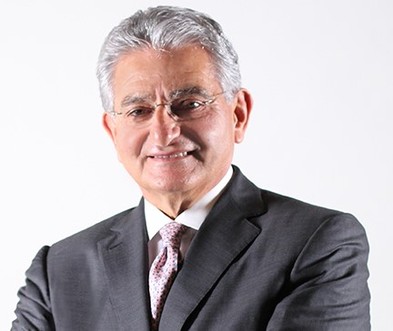
As the political stalemate in Lebanon exacerbates the financial, economic and monetary crisis, banking and monetary files pose a major challenge to the President of the Association of Banks (ABL), Salim Sfeir, whose term was renewed for two years as of July 1.
In an interview with Asharq Al-Awsat, Sfeir said that the country and its economy were not doing well, warning that the absence of a state would lead to a total collapse.
He stressed, however, that the Lebanese banks, “which have resisted wars and difficulties, will also face the current challenges to maintain the backbone of the Lebanese economy, as well as to preserve one of their most important assets, which is the depositors.”
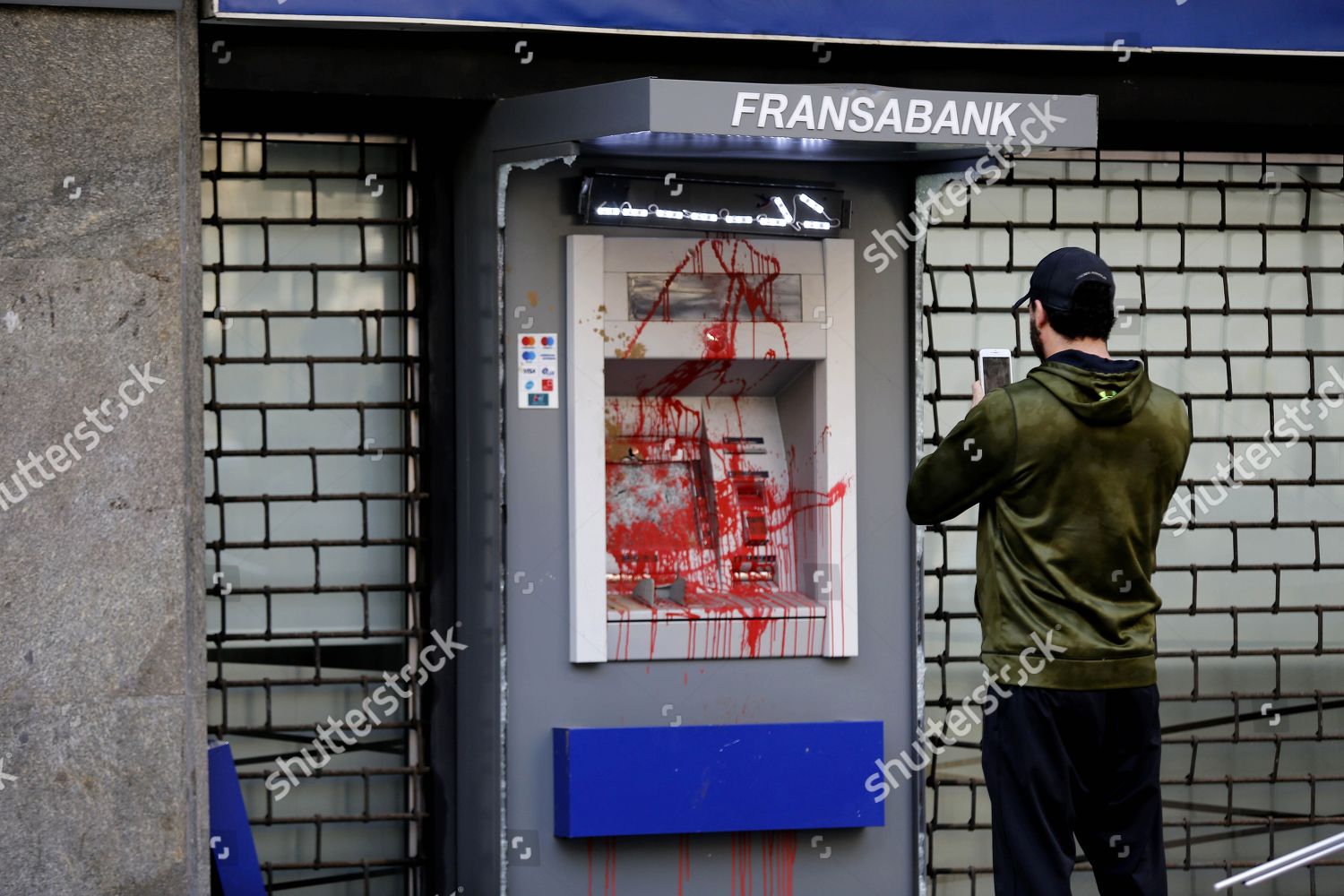
Sfeir insisted on the need to rebuild confidence as a mandatory passage out of the crisis. Otherwise, the country will head towards a major collision that would completely topple the fragile living balance, after 20 months of suffering and the continued devaluation of the national currency exchange rate and the erosion of the purchasing power.
USD150 million of monthly transfers
“As a banking system, we are making every effort to meet the financial needs of depositors, and we will commit to pumping liquidity set by the Central Bank of up to USD 800 per month in dollars and Lebanese pounds. In parallel, we will continue to cooperate with the Governor of the Banque du Liban (BDL) by adopting more monetary measures that ease the liquidity crisis, even as depositors have resorted to keeping their savings at home
Sfeir underlined that external transfers by workers abroad and expatriates have maintained their levels of around USD 7 billion, adding: “We are seeing significant increases in transfers through banks and money transfer companies, which are now registering cash flow imports of about USD 150 million per month after the amounts had decreased to about USD 100 million.”
Financing the state
Asked about the reasons that prompted banks to continue financing the state despite the risks, he replied: “The share of banks in government debt in pounds and dollars is less than a third of the public debt of USD 100 billion. We have always dealt with professional and serious standards with public financial risks through the rationing of financing.”
He continued: “At certain points, we encountered disputes with the relevant authorities after the Association’s board of directors declared the banks’ reluctance to provide any additional funding to the state unless it implements urgent financial reforms and puts an end to squandering and corruption, especially when it comes to thousands of public sector employments.”
Sfeir blamed the BDL for altering the mandatory reserves due to the pressures exerted by the political authorities, in violation of the monetary and credit law.
On Lebanon’s diminishing capabilities in facing the cumulative repercussions of the crises, Sfeir asserted that the state has closed or reduced its foreign outlets, especially the economic and financial channels, accusing it of “putting obstacles to the network of communication lines with the regional and international community.”
The international community “does not ask us to have internal disputes over sectarian and factional ministerial quotas that undermine the possibility of forming a new government, but to resume the negotiations with the International Monetary Fund (IMF) to obtain a financing program,” Sfeir underlined.
He also warned against harming Lebanon’s relations with brotherly and friendly countries, “through smuggling and irresponsible statements.”
“We could have avoided publicizing the state’s financial insolvency and doing swaps for outstanding debts with interest payments, then restructuring the entire Eurobonds portfolio through direct negotiations with local and external creditors,” he said.
“At that time, the Central Bank’s hard currency reserves exceeded USD 32 billion, and we told the government at the time, with absolute transparency: You will not be able to resist the immediate and significant damages generated by evading the obligations of international debts,” he recalled.
“But the government – following the advice of advisers who have no official status or legal responsibilities, and contrary to its consultations with the Central Bank and the ABL – took the wrong decision in March 2020, to suspend the payment of dues pertaining to international bonds issued by the Ministry of Finance,” he explained.
Sfeir added: “As a result, we incurred double costs by fueling monetary chaos and spending the reserves on subsidizing basic materials without ensuring that they reach those who really need them.” A possible reference to the smuggling of subsidized products including bread flour, medicines and fuel to neighboring Syria thru illegal border crossings that are controlled by the Iranian backed Hezbollah militant group which is allied with president Michel Aoun and the Syrian regime .
Refund transfers
Sfeir said he regretted that significant portions of remittances do not remain in Lebanon “due to unsuitable climates for business, deposit and investment,” hoping that the situation would improve with the promising summer season, “which is taking shape in the bookings of hotels, resorts and summer villages.”
The head of the ABL told Asharq Al-Awsat: “Perhaps, as a banking system, we had to arm ourselves with more courage to highlight the deviations of public finances and seek with the Central Bank to be strict in preserving our investments with it. But such actions would have inevitably led to accelerating the collapse, the features of which are beginning to emerge.”
He pointed that conferences in support of Lebanon, such as CEDRE in 2019, could not fulfill their objectives due to political disputes and disagreements.
Rescue roadmap
According to Sfeir, all authorities “continue to avoid the rescue option and the advice and support given by the international community.”
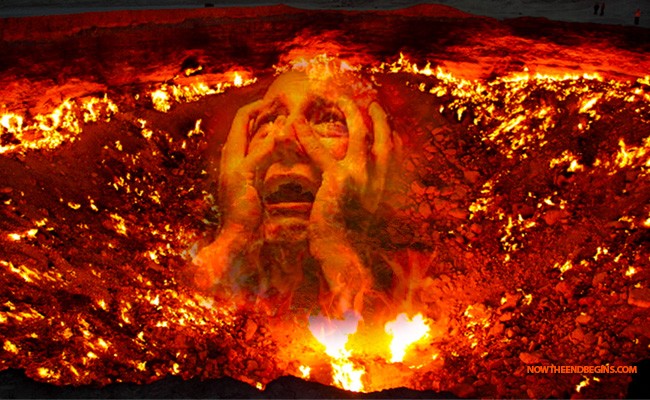
“The roadmap should begin with a homogeneous government […] which reformulates a rescue plan with the private sector and international financial institutions, then sets a specific and agreed timetable for concluding an agreement with the International Monetary Fund, the implementation of which comes in parallel with the launch of a general reform workshop,” he told Asharq Al-Awsat.
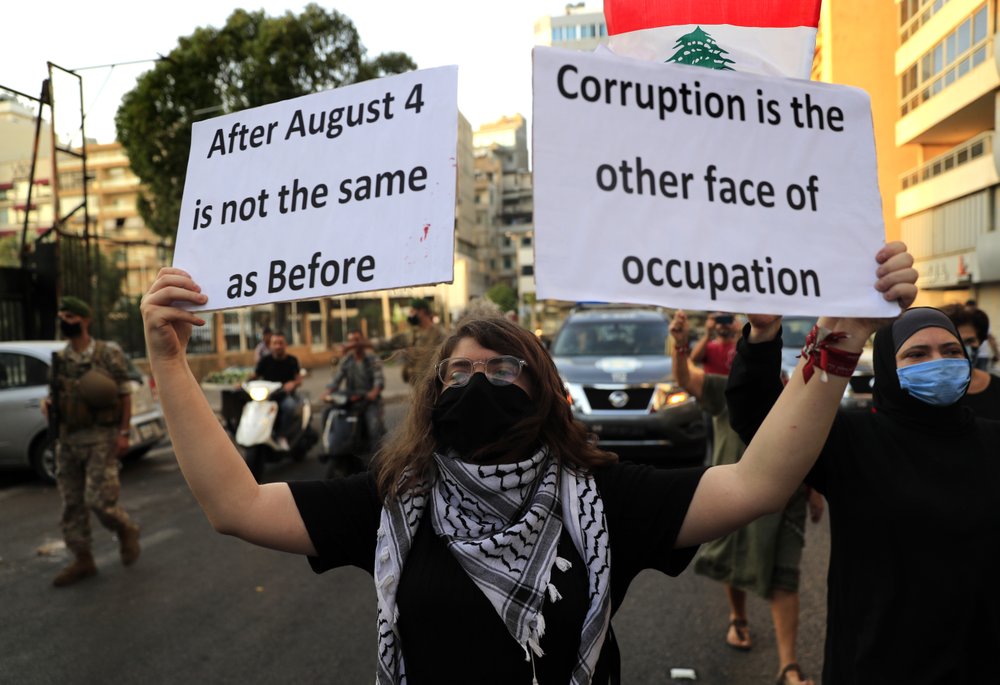
Sfeir stressed that corruption and mismanagement were the basis of the crisis and its current and subsequent repercussions,” adding: “We and the international institutions are aware that successive governments wasted state resources and financed the budget deficits and squandering from the Central Bank, which had no choice but to help the state and provide it with the necessary liquidity for the continuity of public utilities.”
Sfeir emphasized that correcting the banks’ relations with the depositors was “not impossible.”
“The client and the bank are partners, and their common interest requires raising awareness and understanding of the realities of developments and their repercussions on the natural flow of money. Failed policies, not banks, are the real threat to the economy and people’s livelihood,” he concluded.
(Asharq Al-Awsat)

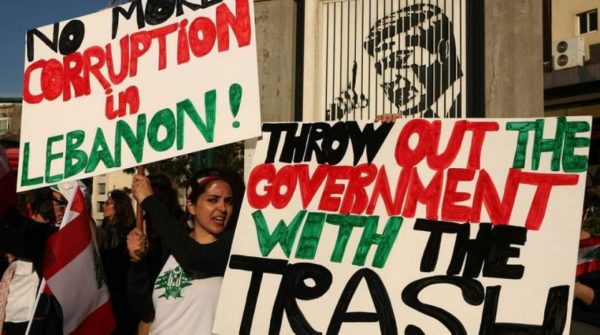
Leave a Reply
You must be logged in to post a comment.